For most of my adult life, I lived in service to optimisation. Every part of me, my mind, my body, my craft as a martial arts teacher and practitioner, was sculpted toward mastery. As a full-time martial arts coach, I built a career teaching and travelling the world, fine-tuning every movement, every moment, in pursuit of excellence. My students included everyone from tier 1 special force military operators, elite policing units, close protection operators and combat sports world champions. I didn't just teach the art, I embodied it. Precision, discipline, performance. That was the air I breathed.
And for a long time, it worked. I felt powerful, purposeful, driven. Until, quietly at first and then all at once, my body began to fail me. The diagnosis was brutal: CTE-like symptoms, severe cervical degeneration, and chronic fatigue syndrome. The doctors were clear. The life I had spent decades perfecting had come to an end.
I wish I could say I accepted that with grace, but the truth is, I spiralled for a few years. When the thing that gave me identity, structure, and meaning crumbled, so did I. I wasn't just losing a career, I was losing a self. The optimisation that had once made me feel strong now felt like a trap. I had no more energy left to manage, track, or improve anything. Even my breath felt like labour.
It was in that unravelling, stripped of roles, routines, and the rhythm of the mat, that I began, slowly and awkwardly, to return to something quieter. Something I had forgotten. I started walking. Not for steps. Not for cardio. Just to walk. I sat in silence, not to meditate, but because I couldn't pretend anymore. I listened. Not to teachers or podcasts, but to my body, my breath, and eventually, the whisper of something deeper. It didn't come with a breakthrough or a plan. It came with slowness. With presence. Watching the sky shift colour and realising I didn't have to chase anything anymore to be worthy.
This wisdom had always been there. Patient. Waiting. I just had to stop performing long enough to finally hear it. And in that hearing, I began to understand that my individual collapse was revealing something universal: we have forgotten how to simply be. What I was discovering in my forced stillness was not new knowledge, but ancient wisdom that modern life had trained me to ignore. That was the beginning of my return to the philosophy of Natural Wisdom, and it is a journey I am still on.
What Is Natural Wisdom?
Natural wisdom is the innate intelligence each of us carries within our body, attention, and breath. It is not a technique or a system. It doesn't need to be downloaded, tracked, or taught by a guru. It's the quiet, intuitive sense that knows how to rest, when to speak, what to pay attention to, and what to let go.
It is natural in two senses: first, it is inborn and always available to us. Second, it aligns us with the rhythms of the natural world—slowness, cycles, presence, and reciprocity. This is the wisdom that helped our ancestors rise with the sun, gather in community, spending days on a successful hunt, trust silence, and listen to their bodies as trusted guides.
The Essence of Natural Wisdom
Natural wisdom isn't mystical or unreachable. It's as close as your next breath, as simple as noticing the wind on your skin, as profound as sitting still and doing nothing without guilt. It lives in unstructured moments and unhurried time. It emerges when we stop forcing and start feeling. When we walk without destination, play without purpose, listen without planning our reply. It is those moments of awe when, on my walks on the rugged coastline of the Isle of Man, I witness purely by chance a pod of Dolphins swimming by, or when watching birds play on the unplanned pond on the roof opposite my home office, lighting happiness in my heart. I call these 'soulful moments.'
You can find Natural Wisdom in solitude that nourishes rather than isolates. In the presence you bring to a shared meal with someone you love. In the deep exhale that comes when you no longer need to perform. In the way a child instinctively plays or stares out the window, lost in reverie. In the pause between thoughts. In the touch of a hand offered without agenda.
Natural wisdom is not about escaping life but inhabiting it more fully. It's what arises when we stop managing our existence like a project and begin relating to it like a living process. It is not passive. It's deeply alive, curious, responsive, and rooted in trust. And though it requires nothing to access, it does ask something of us: the courage to slow down and remember what we already know.
The Modern Condition: Disconnection by Design
Modern life, driven by an obsession with optimisation, has conditioned us to override this intelligence. We no longer eat when we're hungry or rest when we're tired. Instead, we follow strict food protocols, squeeze sleep into productivity windows, and try to meditate more efficiently. Our lives have become curated performances.
In this relentless pursuit to do more, be more, and prove more, we have forgotten how to simply be. I know I did!
This is not just a philosophical problem. It is a public health crisis. Rising rates of anxiety, depression, and burnout, alongside the admission by young people that social media makes them feel worse, are signs that something is fundamentally wrong. I think we all need to take note when even children are beginning to articulate their exhaustion with the digital age.
A recent UK study revealed something that should stop us in our tracks: nearly half of young people surveyed said they wished the internet had never been invented, along with all the tech that goes with it, social media, the apps, the constant connectivity. These are not the laments of luddites. They are the intuitive signals of a generation sensing that something essential has gone missing. When teenagers, who have never known a world without smartphones, are saying they want it all to disappear, we need to listen. They are naming what many of us feel but struggle to articulate: the cost of living at digital speed, the exhaustion of perpetual performance, the hunger for something real.
The longing isn't simply for fewer screens. It's for more soul time. And that soul, it seems, is starving for something we've abandoned: our natural wisdom. The solution is not another app, tracker, or mindfulness gadget. The solution may be far simpler: a return to what we already know deep down.
Natural Wisdom Is Democratic and Free
This wisdom is not elitist. It does not require retreats, certifications, or complicated routines. It is democratic, accessible, and ancient. All that I define under the umbrella of natural wisdom practices don't cost money, don't require technology, only ourselves. It invites us to slow down. To pay attention. To listen again, to ourselves, to our bodies, to the world around us.
It asks us to welcome boredom as a gateway to imagination. To treat solitude not as loneliness but as recalibration. To allow daydreaming to be a legitimate source of insight, creativity, and emotional processing.
When a teenager says they wish the internet had never been invented, they are not rejecting technology. They are naming a hunger for presence, aliveness, and real connection. We would do well to listen. Not only for their sake, but for our own. Because what they are pointing to is the absence of natural wisdom and the cost of forgetting it.
Lived Philosophy Has Always Pointed Here
At its best, lived philosophy has never been about abstract thought. It has always been about returning us to what matters. The Stoics called it living in accordance with nature. The mystics called it divine simplicity. In our current language, we might just call it coming home to ourselves.
Natural wisdom is not a regression to a primitive past. It is a progression toward a more grounded and sustainable way of being human. It offers a way out of the brittle modern world that promises everything but often leaves us emptier with each scroll, each click, each optimised moment.
Small Acts, Real Revolution
To reclaim natural wisdom is not to abandon the world, but to reenter it differently. What does this look like in practice? It begins with the smallest acts:
- Walking barefoot sometimes, feeling the earth beneath your feet
- Making a cup of coffee without multitasking, attending to the ritual of it
- Pausing at the window and actually looking, not scanning for the next task
- Sitting with a friend without checking your phone
- Allowing yourself to be bored without immediately reaching for stimulation
- Following your body's cues for rest, movement, and nourishment
- Creating pockets of silence in your day
- Moving your body for the joy of movement, not for metrics
- Engaging in conversation without an agenda
- Letting your mind wander without directing it toward productivity
These are small acts, but they are not trivial. They are acts of philosophical defiance. Acts of remembering. Each one is a tiny rebellion against the machinery of optimisation, a choice to trust your own innate wisdom over external systems.
The Path Forward
At Coaching Philosophia, I speak often of unoptimisation, a return to presence over performance, to being over branding. Natural wisdom is the beating heart of that shift. In a culture that constantly tells us to upgrade, it quietly reminds us that we are already whole.
The path forward is not about adding more to our lives. It's about remembering what we've forgotten. It's about trusting that within us lives an intelligence that knows how to navigate this world, not through force or strategy, but through presence and connection. It's about understanding that sometimes the most revolutionary act is to stop trying so hard and start listening to what we already know. And maybe, just maybe, if enough of us listen, we will rediscover not only the intelligence of our own nature, but the very soul of what it means to be fully, freely, radically human. I know this is the message I now recieve each and every day!
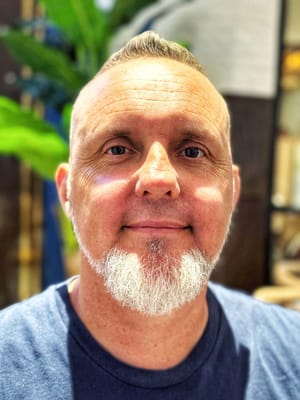
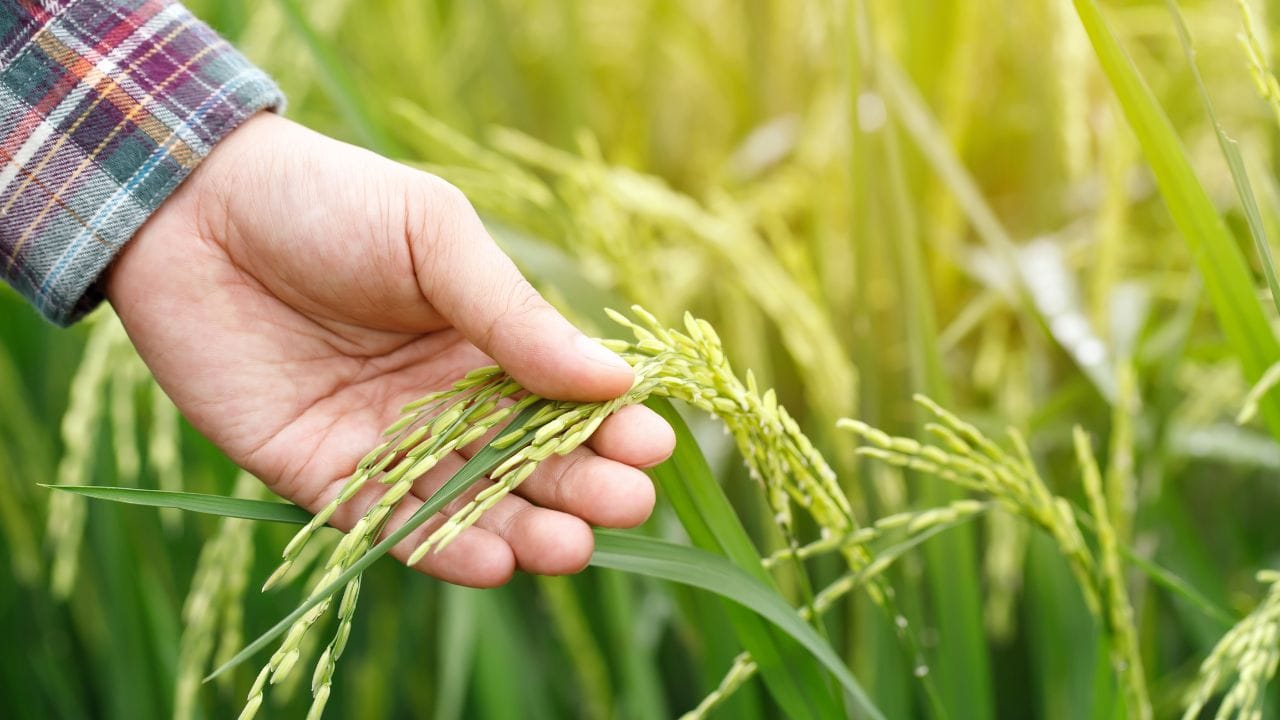


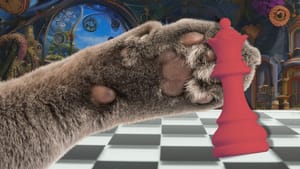
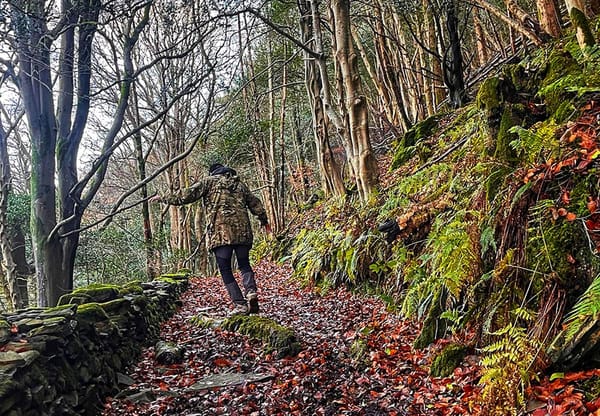
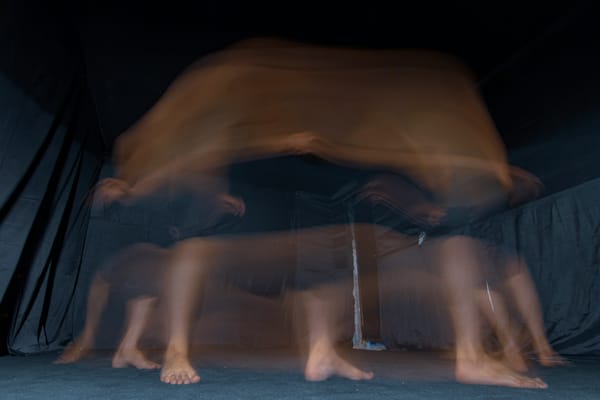



Member discussion